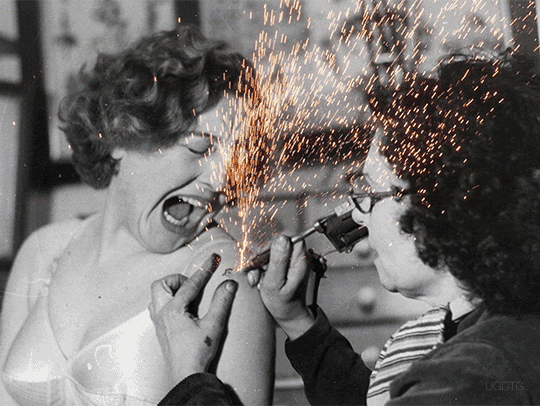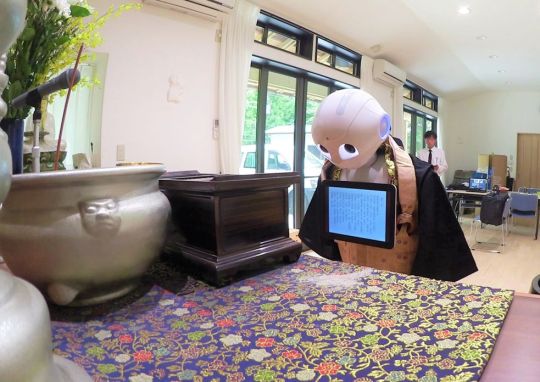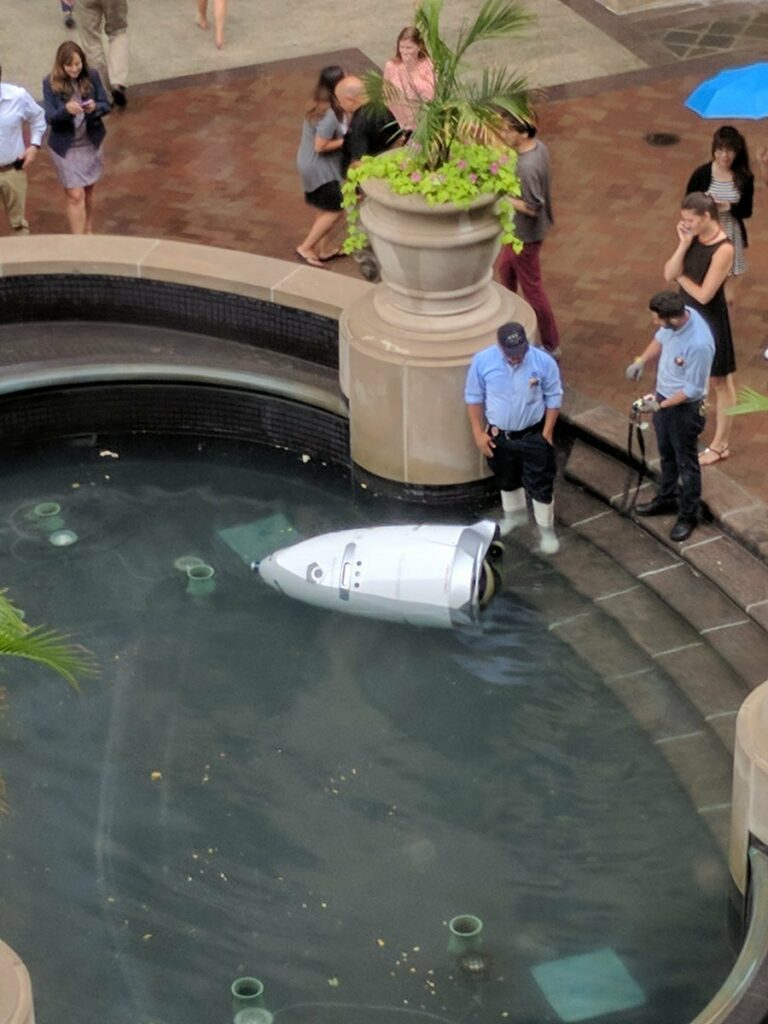
Gabriel2052’s library of motor movements will know what I’m turned on by, his fingertips ghosting across the back of my neck with the right force-per-unit area. His motorized parts will know how to spread goosebumps across my skin, and his sensors will detect when my breath quickens in response.
https://qz.com/1246712/im-building-a-robot-boyfriend-and-you-can-too/




